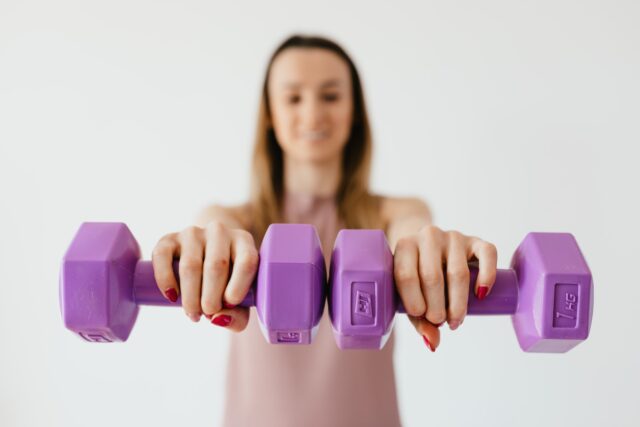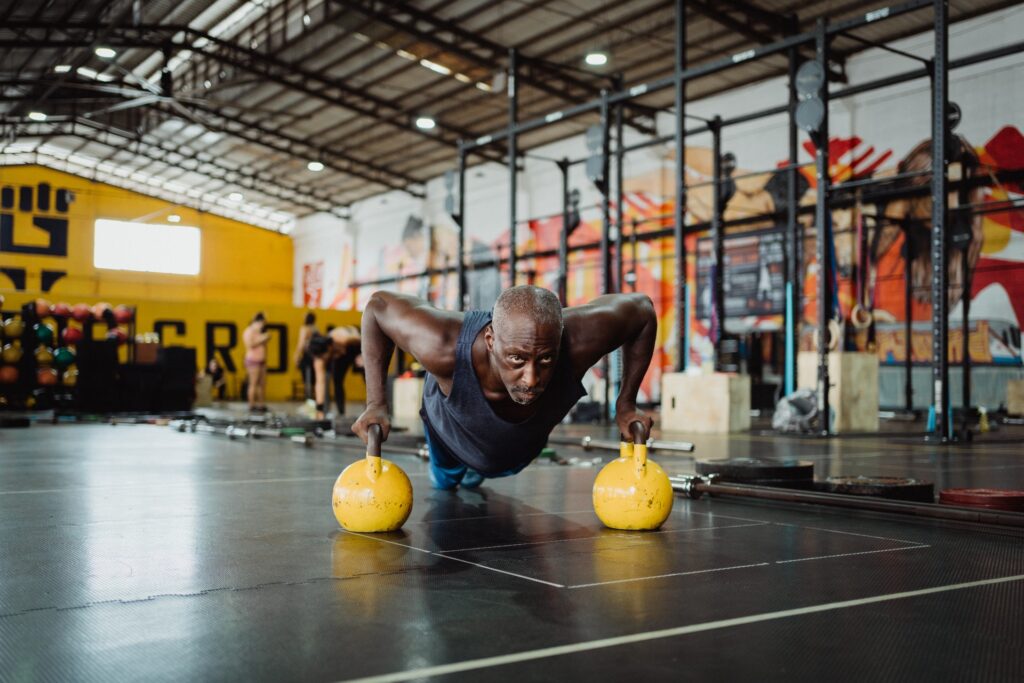
We know that getting your mind to pass the signal to get up from the bed is hardest when you are dealing with depression and anxiety. However, this is also the fact that you can ease the symptoms simply by maintaining the exercise routine. You have to think about the possibilities and probably look for inspiration from tomorrow to get started. Well, you should be happy that we are here to help you understand in a precise and easy way the advantages of exercise.
What can wonders exercise do to your mental health?

Exercise helps to avoid and improve various health issues, including hypertension, diabetes, and arthritis. Research into depression, anxiety, and training indicates that training’s physical and psychological advantages can also lead to mood and anxiety reduction.
There is no completely straightforward connection between depression, anxiety, and exercise—but work-out and other physical types of activity will certainly alleviate the symptoms of depression or anxiety. Exercise can also help to prevent depression and anxiety from returning when you feel better.
Feel-good endorphins and natural brain chemicals (endogens) like cannabis and other drugs enhance the sense of health in your brain through everyday exercises to relieve depression and anxiety.
Take care of your mind to break the negative thought cycle, which removes depression and anxiety.
But here are a few advantages that you can get from the workout.
Advantages of Physical activity for mental issues

- Establish confidence: You will improve your self-confidence by completing exercise goals or obstacles, even small. You will also feel better about your appearance by getting in shape.
- Get more connection with society: Fitness and exercise can allow you to meet or socialize with others. Only a polite smile or greeting will help your mood when walking around your neighborhood.
- Healthy dealing with depression: A positive coping mechanism is to do something good to handle depression or anxiety. Try to feel better by drinking alcohol, remaining alone, or hoping for depression or anxiety may worsen symptoms.
- Remedy for Depression and anxiety: Exercise is an evidence-of-the-art mood booster that decreases depression and anxiety symptoms. Physical exercise raises the endorphin level, the hallmark chemistry of the body made by the brain and spinal cord that creates pleasure and euphoria. Even mild exercises can boost depression and anxiety over the week, so that some doctors suggest testing a drug before taking it.
- Stress reduction: Another mental advantage of exercise is lower stress — which can make us all happier. Increasing your heart rate would effectively reverse stress-related harm to your brain by enhancing necrohormone production, such as norepinephrine. These neurohormones not only enhance memory and mood but also improve anxious thought. Exercise also forces the body’s central and pleasant nervous system to interact and improve the overall capacity of the body to respond to stress.

- Increased self-esteem and confidence: There is no lack of physical fitness from enhancing stamina to weight loss and rising muscle tone as well as daily exercise. Both of these accomplishments will lead to a big increase in self-esteem and the confidence that comes with them. You cannot prepare for better footwear, slimmer physics, and the ability to ascend a hill without winding. Often before you know it, it also happens. It is only one of the advantages of physical exercise that improve your mind, body, and mind.
- Sleep well: Exercise will also help you with this if you have problems having a good night’s sleep. Physical exercise raises the body’s temperature, which can relax the mind and minimize sheep and shuteye. Furthermore, exercise helps control the circadian rhythm, an integrated alarm clock in our bodies that checks when we feel weary and alert. (There is a psychological advantage to sleep changes, but sleep specialists suggest that you not practice near sleep.)
- Recovery of the brain: Exercise boosts brainpower in a variety of forms, from knowledge buildings to memory building. Mice and people experiments show that aerobic exercise produces new brain cells, a mechanism known as neurogenesis, and increases brain output. The hippocampus, the portion of the brain that is responsible for memory and learning, also prevents cognitive impairment and memory loss. Studies also show that physical exercise enhances mental capacity and imagination. Then you should just take a stroll or a jog if you need inspiration.
- Reduce the symptoms of ADHD: Daily exercise is one of the simplest and most successful ways of minimizing ADHD symptoms and improving focus, motivation, memory, and mood. Physical exercise increases dopamine, norepinephrine, and serotonin in the brain immediately—all of which influence concentration and focus. The workout works like ADHD medications like Ritalin and Adderall. This is the way it works.
So, are you ready to commit?

Yes, because commitment to the routine is everything, it is the only way to get the best results.
If you don’t have time for fifteen or thirty minutes or if, for example, your body tells you to have a rest after five or ten minutes, it is all right too. Start with sessions of 5 or 10 minutes and increase your time slowly. The more you practice, the more energy that you have, so you’re ready for a little more eventually. The key on most days is to participate in some mild physical activity—albeit few. You can slowly add extra minutes or try out various kinds of things as the routine gets used to. If you stick to that, you start to pay off the benefits of exercise.
Bottom Line
Ultimately, you need to focus on your health overall. While you are worried about mental health, you need to find the solution too. And there is nothing better than a healthy body with everything to fight against bad mental health to help you cope with it without any hassle.







